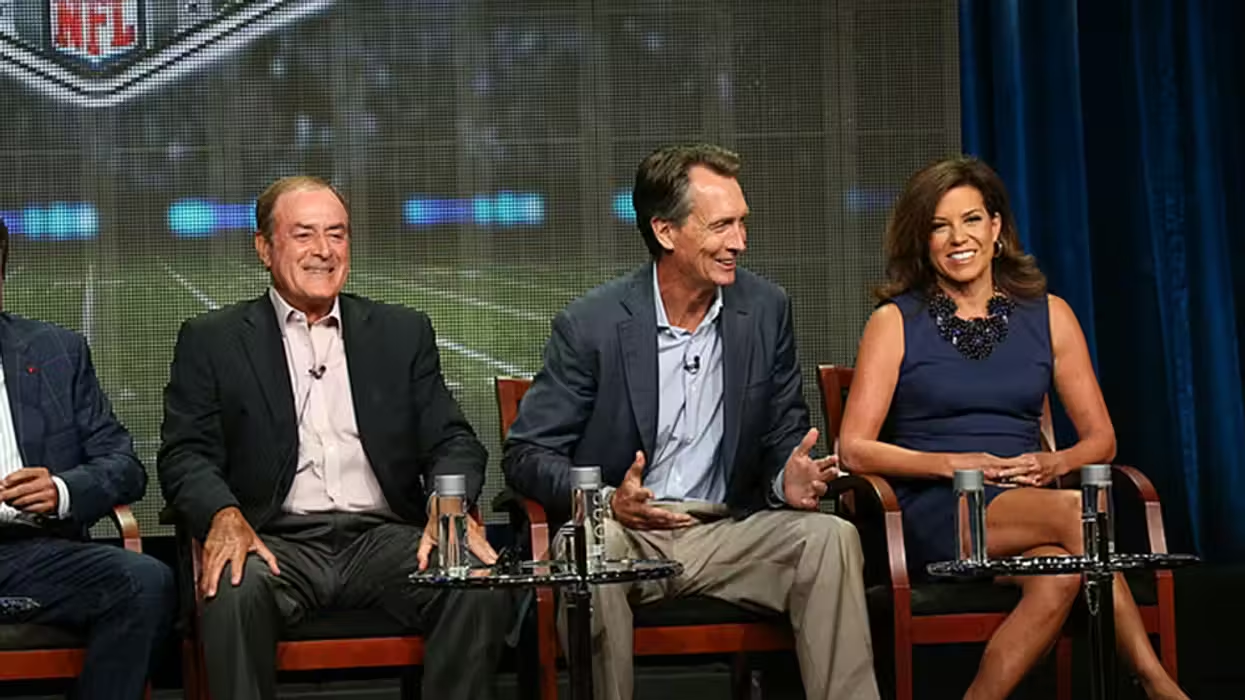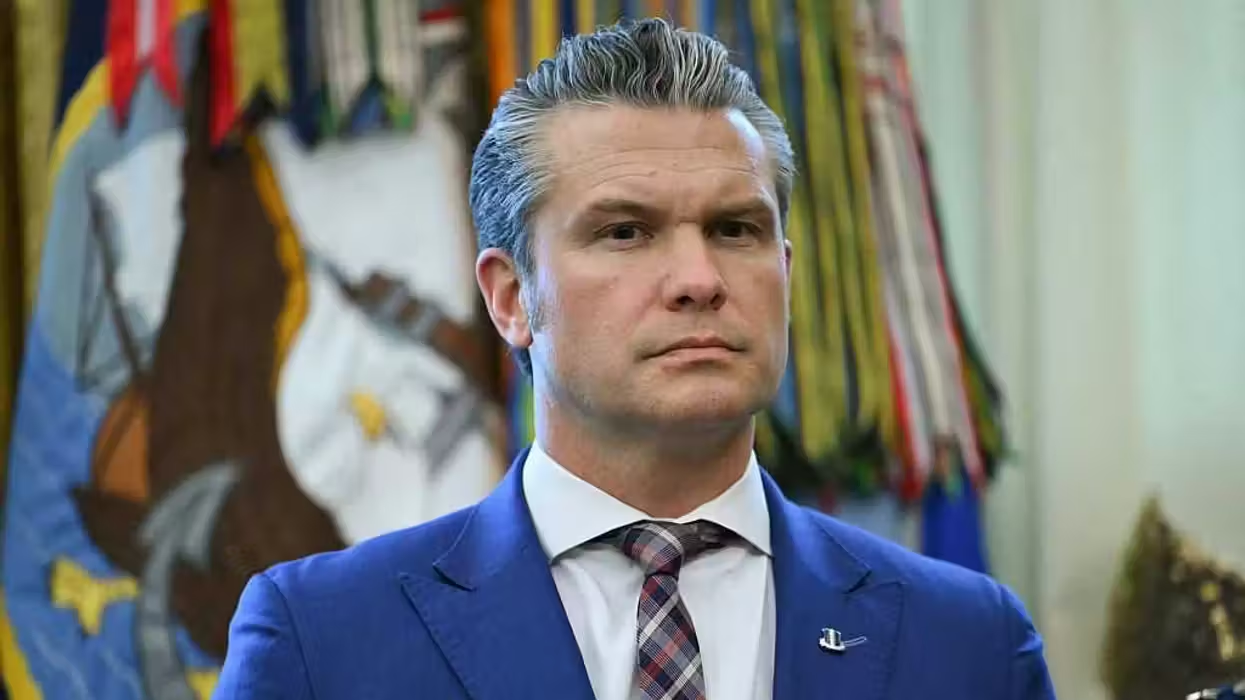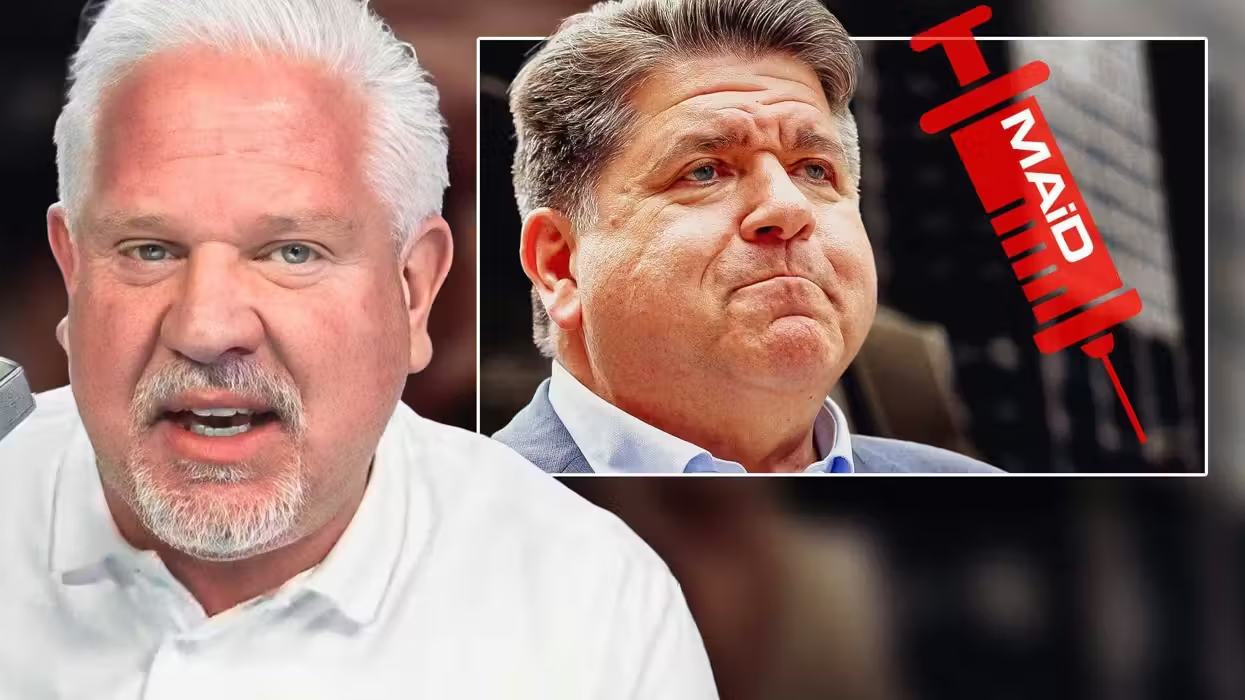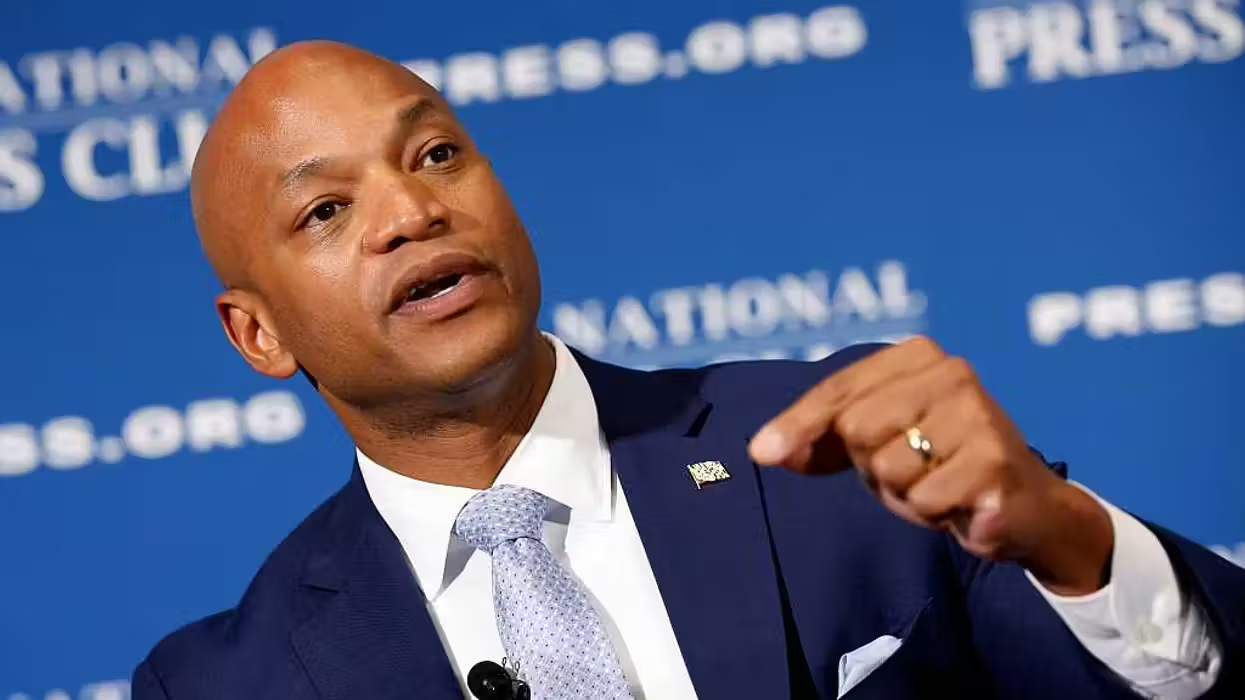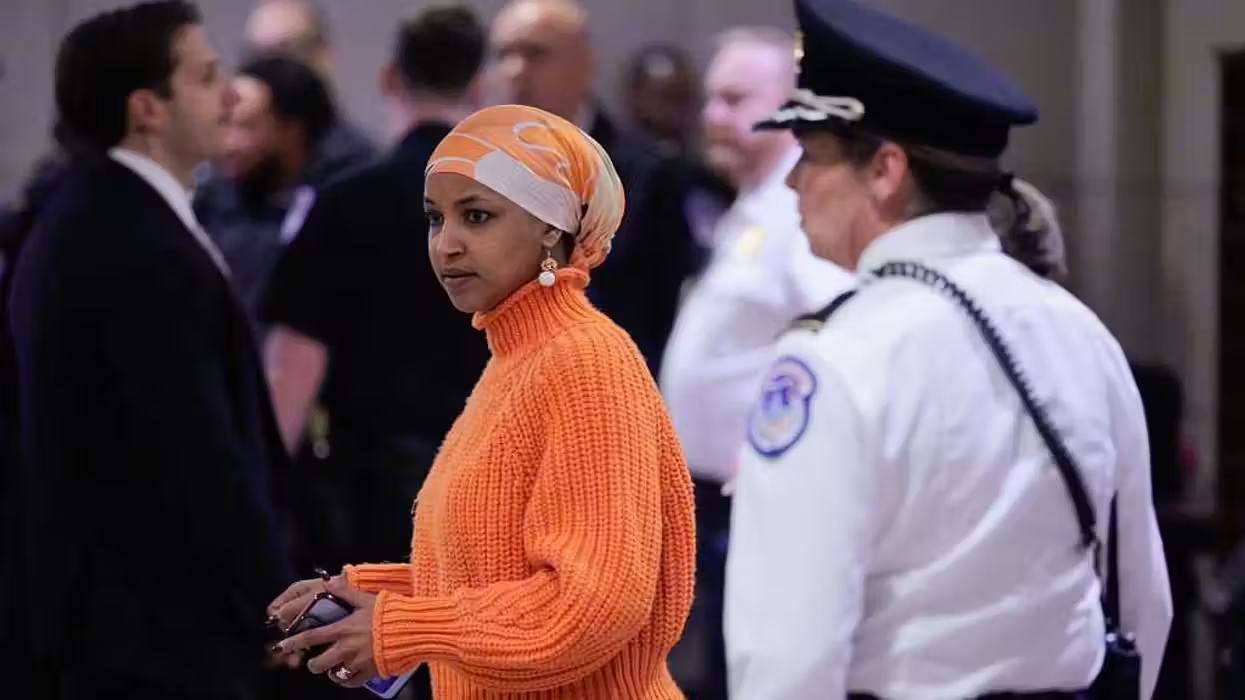
© 2025 Blaze Media LLC. All rights reserved.
“What Facebook is proposing is similar to the strategies used by Big Tobacco..."
NEW YORK (The Blaze/AP) -- Though Facebook bans children under 13, millions of them have profiles on the site by lying about their age. The company is now considering opening up the site to the pre-teen and younger age group with many weighing in on the pros and cons.
Although it states this may never come to fruition, the company is testing out ways to allow younger kids on its site without needing to lie. It would be under parental supervision, such as by connecting children's accounts to their parents' accounts. That would allow Facebook to comply with federal regulations -- the Children's Online Privacy Protection Act -- regarding children under 13 online.

The Wall Street Journal reported on the development in Monday's editions.
In a statement, Facebook says it is in an ongoing dialogue with stakeholders, regulators and other policymakers about how best to help parents keep their kids safe online. Forbes has more from the WSJ report with more specifics as to how Facebook could achieve this:
Based on the WSJ report, it sounds like Facebook plans to offer parents free monitoring software, similar to products currently on the market such as Safely’s Social Monitor, offered by Location Labs. According to the WSJ, Facebook would give parents control over who their kids friend, what apps they can add, which games they can play, and importantly, how many Facebook credits they can spend.
One of the benefits of Facebook access to younger individuals, PC World notes, is keeping in touch with relatives, such as grandparents:
Often, these are older users who may have purchased a PC and gone online for the sole purpose of joining Facebook to stay connected with kids and grandkids across the country or around the world.While more kids should take the time to compose handwritten letters, draw pictures on actual paper, and mail them in stamped envelopes using the old-fashioned postal system to their grandparents, those quaint days are all but dead. The way grandkids communicate and share with grandparents is online--and generally that means Facebook. As long as there are mechanisms in place to protect chidlren from online predators, and safeguard privacy, Facebook is an ideal platform for grandparents and grandchildren to keep in touch.
Larry Magid, co-director of ConnectSafely.org, writes an opinion in the Huffington Post saying it could actually be safer for the under 13 crowd if Facebook were to develop official channels to allow them on the site. Magid recommends there be additional privacy protections, no collection or storing of personal data other than the essentials necessary for the site, and no ads should tweens be allowed on.
Wired, on the other hand, includes the opinion of those who are against Facebook being open to a younger audience:
“What Facebook is proposing is similar to the strategies used by Big Tobacco in appealing to young people – try to hook kids early, build your brand, and you have a customer for life,” said a statement from James Steyer, the CEO of Common Sense Media, an organization known for taking a protective view of children on the internet.
In a live blog hosted by the Wall Street Journal writers, the commenters posed a cynical view of Facebook's motives as well. In addition to just wanting to grow in user numbers, the site has in recent years amped up its games and other apps for which the younger group is a ripe audience. Even still, some parents also point out that they don't think it is Facebook's responsibility to supervise children on its site, but parents who should be the primary monitors.
Want to leave a tip?
We answer to you. Help keep our content free of advertisers and big tech censorship by leaving a tip today.
Want to join the conversation?
Already a subscriber?
more stories
Sign up for the Blaze newsletter
By signing up, you agree to our Privacy Policy and Terms of Use, and agree to receive content that may sometimes include advertisements. You may opt out at any time.
Related Content
© 2025 Blaze Media LLC. All rights reserved.
Get the stories that matter most delivered directly to your inbox.
By signing up, you agree to our Privacy Policy and Terms of Use, and agree to receive content that may sometimes include advertisements. You may opt out at any time.

